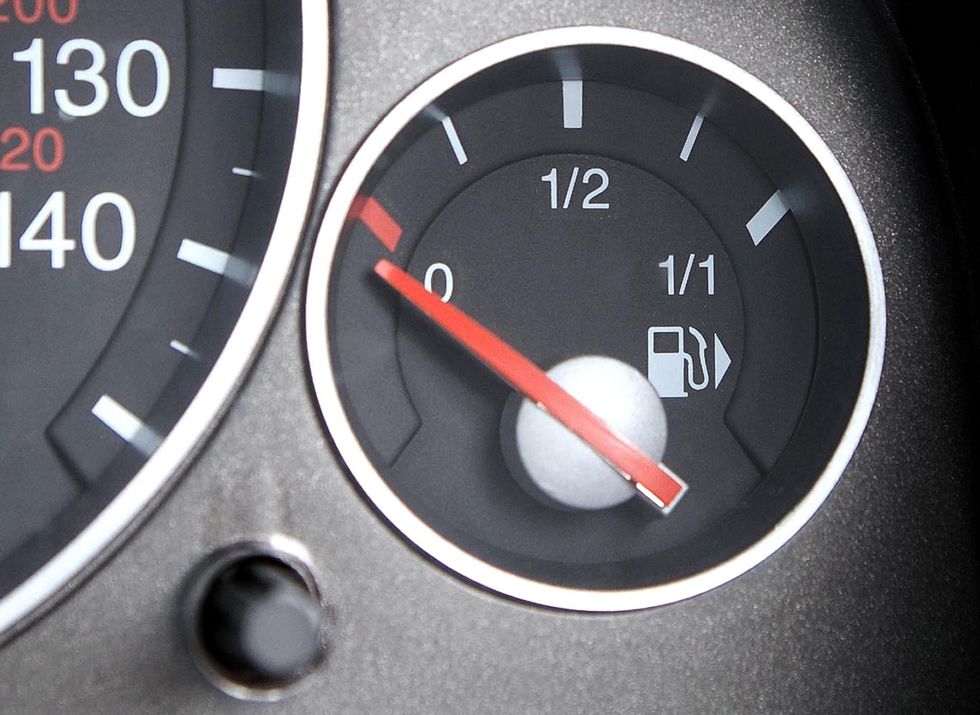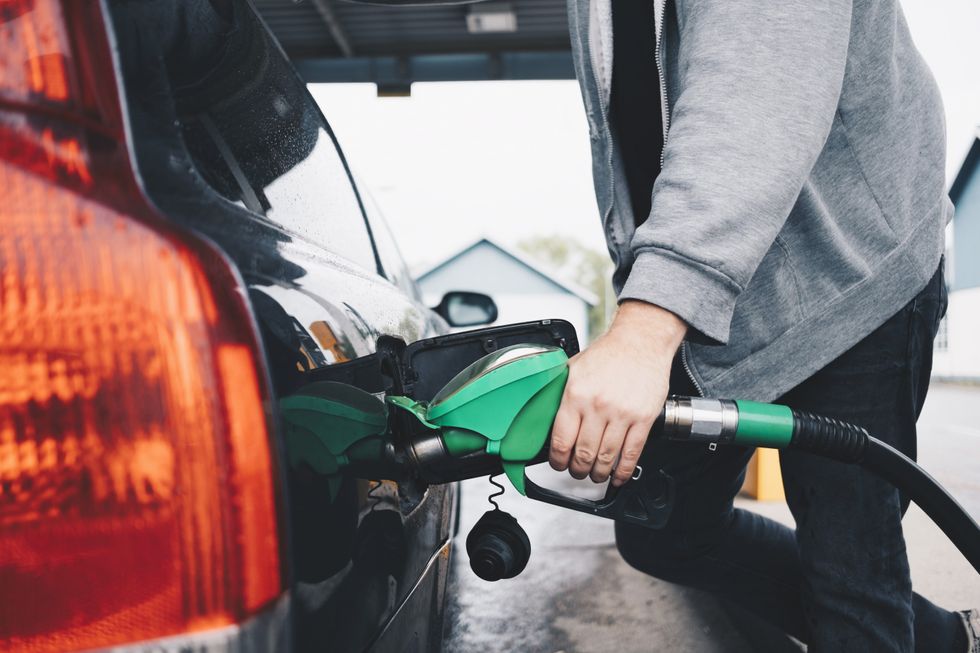Hemma Visavadia
Guest Reporter

Petrol and diesel drivers are set to face unexpected consequences from recent fuel duty cuts, according to a new analysis by the Resolution Foundation.
Despite the Chancellor's decision to maintain the fuel duty freeze for another year at this year's Budget, costing £3billion in 2025-26, motorists may find themselves worse off in the long run.
The move continues a 13-year trend of freezing fuel duty, which has already led to a significant 38 per cent real-terms decline in the tax cost of driving since 2010.
But this erosion of fuel duty has significant implications, experts have warned. The real value of fuel duty is currently around 8p per litre lower than it was even after Rishi Sunak's emergency 5p reduction.
Do you have a story you'd like to share? Get in touch by emailing [email protected]

The Resolution Foundation warned that this trend is detrimental to both the Exchequer and the environment with drivers still less likely to purchase an electric car.
In its latest report, it detailed how petrol and diesel drivers are “not incentivised” to reduce their driving, while the financial motivation to switch to electric vehicles has weakened.
These cuts primarily benefit wealthier households, who tend to own more cars and drive them further. To offset the impact of the fuel duty freeze, the Chancellor has introduced measures to increase the cost of flying and purchasing non-electric cars.
Vehicle Excise Duty will also increase substantially for most new car buyers. The median increase on a new car will be £220, with the most polluting vehicles facing rises of up to £2,745.
These changes announced by Reeves aim to drive cleaner purchasing decisions and discourage the use of high-emission vehicles.
The distributional effects of these changes vary. Higher duties on flights will primarily affect richer frequent flyers, while lower-income households, who typically buy second-hand cars, should be largely sheltered from taxes on new non-electric vehicles.
However, the benefits of fuel duty cuts will not be met evenly among all drivers. Resolution Foundation's analysis showed that fuel duty savings are “disproportionately” captured by higher-income households.
This disparity is particularly stark when contrasted with the impact of public transport cost increases. The poorest households suffer most from higher bus fares, while benefiting least from fuel duty cuts.
The Chancellor's decision to prioritise further cuts in the cost of petrol and diesel use “is particularly disappointing when contrasted with rises in public transport costs” the foundation detailed.
Some bus fares will also go up as the £2 bus fare cap, due to expire at the end of the year, is to be replaced by a higher cap of £3.
This shift in policy disproportionately affects lower-income households, who rely more heavily on public transport, the report flagged.
But more shockingly, the foundation highlighted how the fuel duty freeze, while seemingly beneficial for drivers, may ultimately leave petrol and diesel motorists worse off.
LATEST DEVELOPMENTS:
- Slow electric vehicle uptake sparks nationwide ‘anxiety’ with carmakers pleading for urgent support
- Labour to overthrow major driving law for first time in over 20 years despite road safety concerns
- One in five motorists risk £2,500 fine and driving ban for breaking Highway Code safety rule

The new tax measures announced by Reeves will come into effect in April next year.
Find Out More...